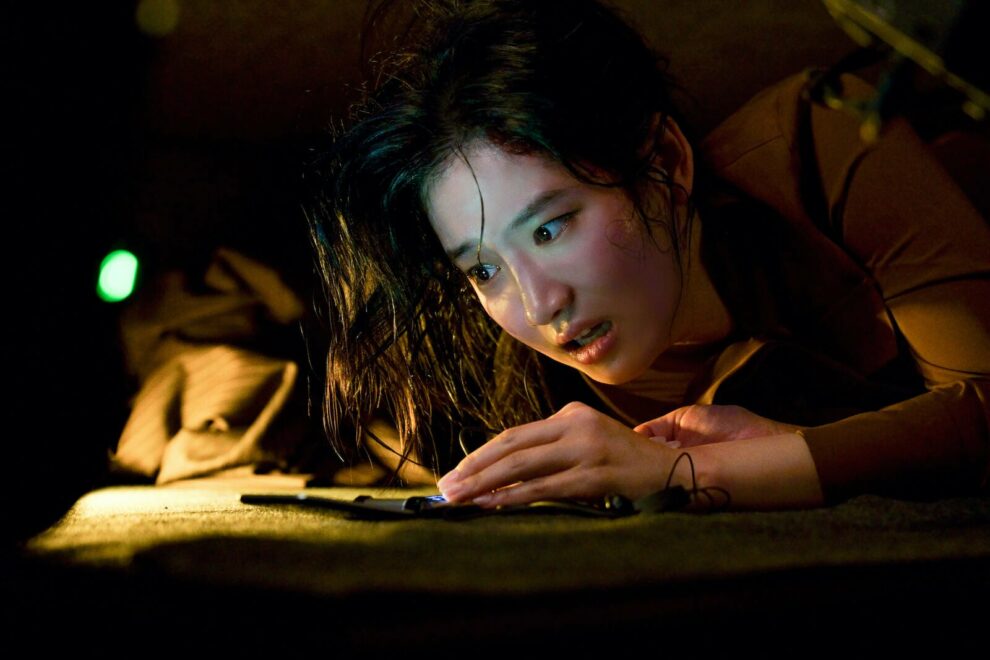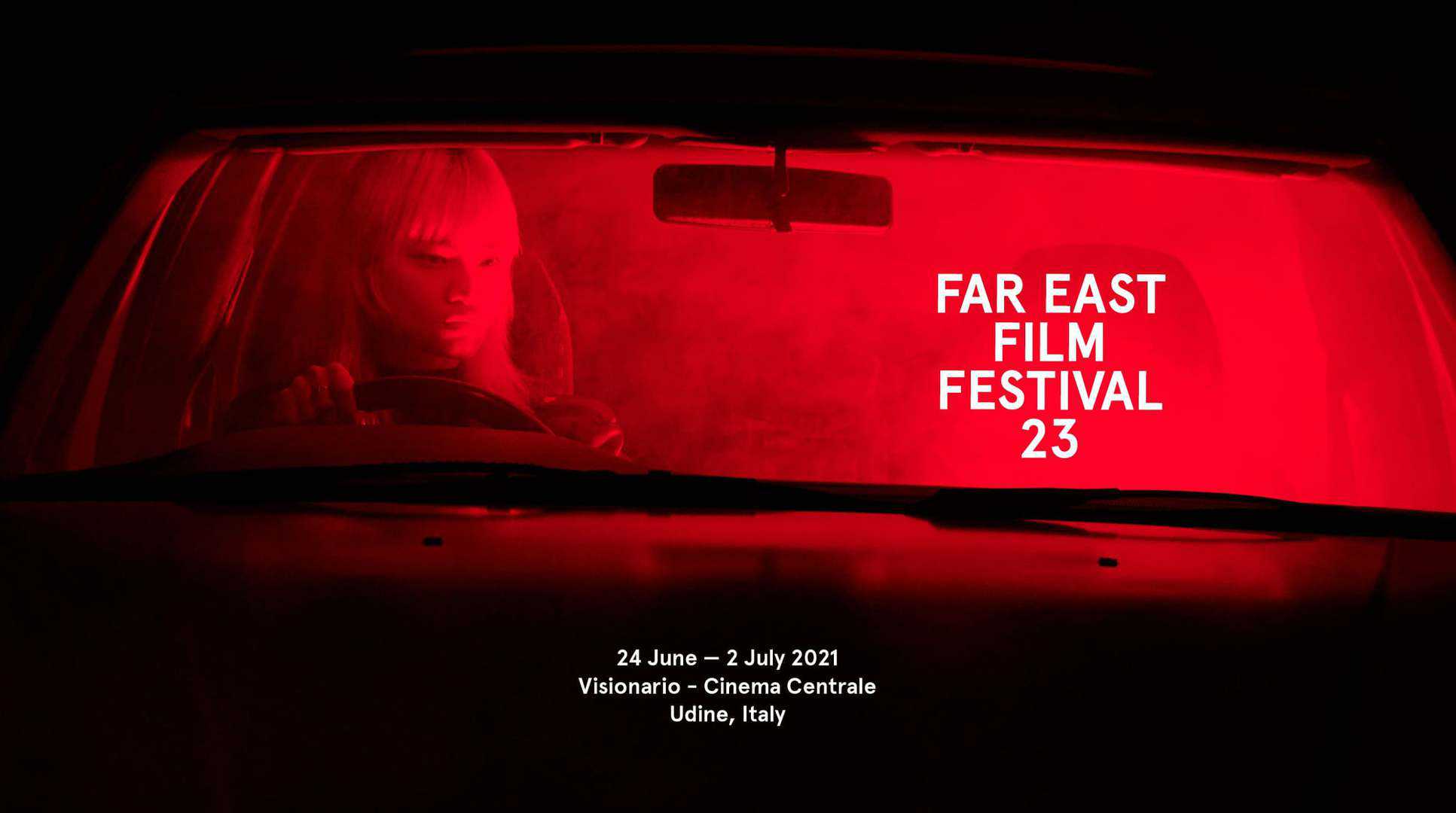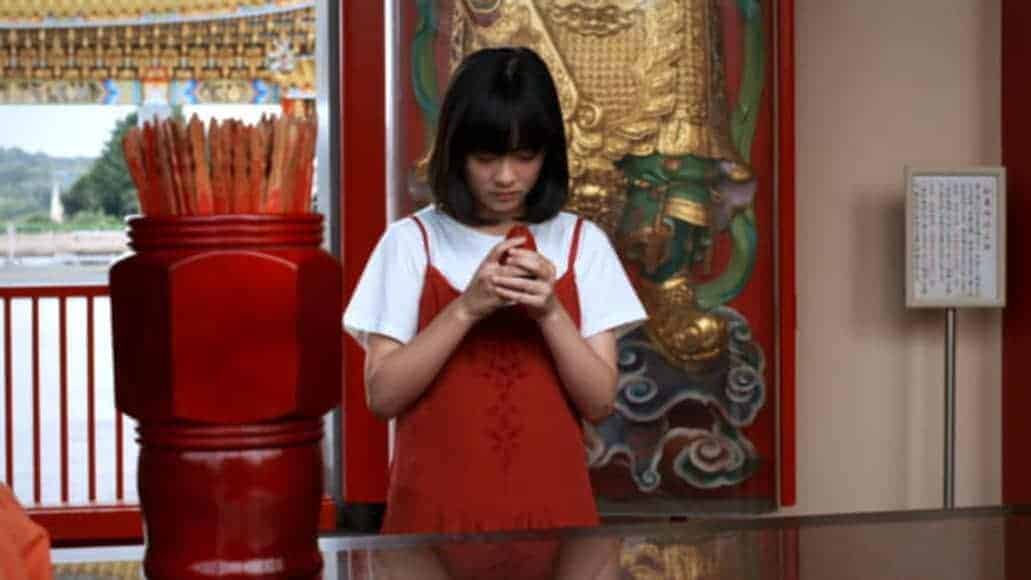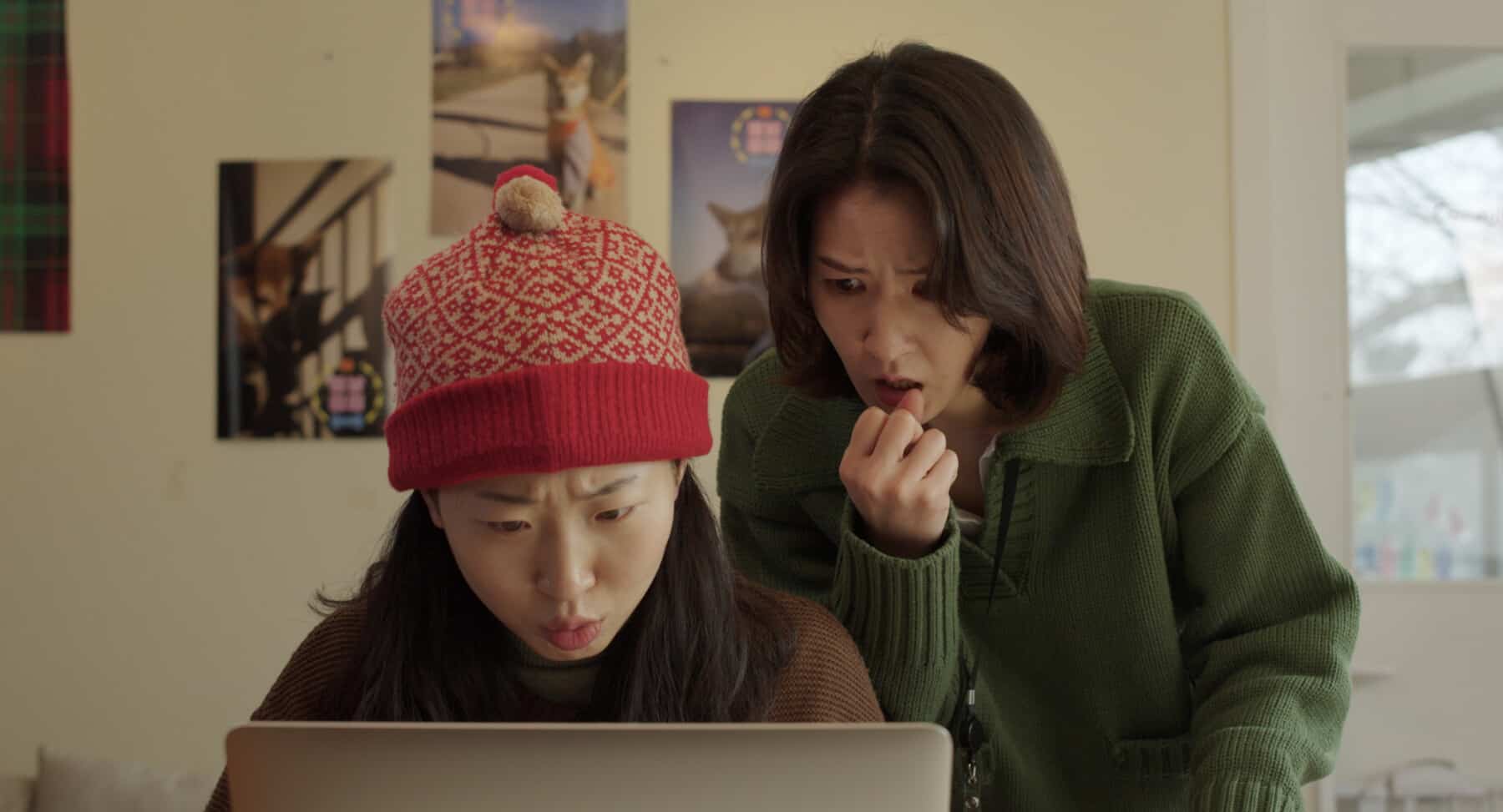The character of the influencer, even though it has been there for quite a while, has only recently been discovered by popular media. Certainly, the concept of a person who, under the pretence of authenticity, essentially advertises an image and products, could not be more current, as it sheds light on an era which is becoming more and more of a rerun of the me-generation of the 1980s, albeit this time a lot worse and problematic. All of these aspects are at the centre of Park Dong-hee's action thriller “Drive”, which has an influencer as its main character and plays on the idea of authenticity, selling out in order to gain likes and followers and also the self in the era of social media.
“Drive is screening at Asian Pop Up Cinema
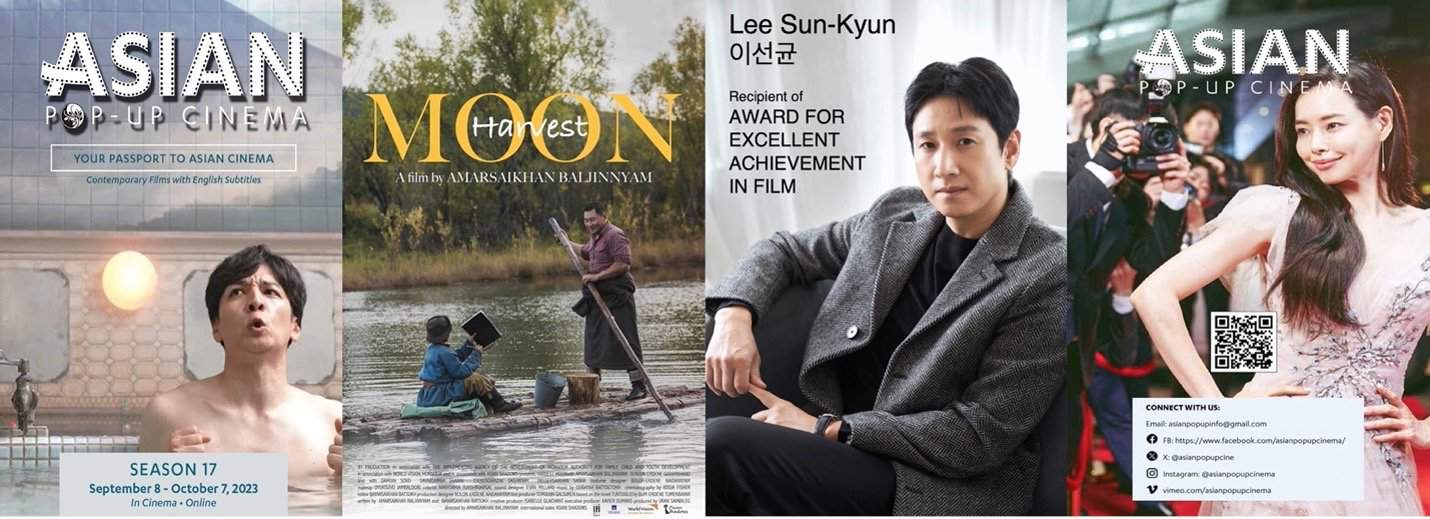
It has been a long time since she made videos about cooking pancakes and her attempts at singing, but little by little Han Yuna (Park Ju Hyun) has made a career as an influencer on social media. With several companies endorsing her content and a professional producer behind her, she has become one of the most important streamers, and is about to close a lucrative new deal, which would see her becoming the number one. However, after the launch of a cosmetics label she covered, she finds herself in the trunk of her own car.
As a mobile rings, her kidnapper demands her to go live, and report to her followers what is happening to her. The aim is to have them donate money so she can go free by midnight, or will die soon after. Having no choice, she gives in, but soon realises this is not all her captor has in store for her, as he is part of her audience, demanding her to delve deep into her past and reveal her darkest and best-kept secrets.
Check interview
There is no denying, director and screenwriter Park Dong-hee knows his subject. Right from the opening montage, showing Yun's rise to fame within social media, to her attending events and negotiating new contacts guaranteeing new endorsers for her channel, it is clear he has done his research into this particular field. While some of the comments he makes fall flat and appear ham-fisted, some points, especially the link between the self-image of the influencer, commercial success and popularity, are quite interesting and make “Drive” transcend its action-thriller format. It comes to some surprise then that he has chosen something of an easy way out considering the ending could have been much more rewarding and acidic in comparison to what we have now.
In terms of performances and action-thriller aesthetics, “Drive” also offers a few noteworthy aspects. Park Ju-hyun, in her second main role, gives a great performance as a streamer, whose carefully constructed image begins to falter and collapse due to the situation she is in, as she has to basically strip away every layer of fake and deceit constituting the character she has created over time. Additionally, given the physical limitations of the story, with the majority of the movie taking place in the trunk of the main character's car, “Drive” is pretty much resting on her shoulders, which she masters quite well.
Technically, “Drive” treads on familiar genre territory. The few action scenes, most particularly a scene involving a car chase, utilize the screen being divided into several segments (possibly mimicking the various cameras of users filming the event). On the one hand, this often makes for some tense and impactful moments, while on the other hands, it also comes off as a bit too much icing on the cake. The editing job in these scenes is quite well done and emphasises the director's ability to orchestrate these moments, while the bass-heavy music is quite obnoxious.
While “Drive” certainly does not reinvent the genre, its comments on influencers and the problematic nature make Park Dong-hee's feature interesting, which is also thanks to the lead performance by Park Ju Hyun. Technically, this is solid with some choices, such as the use of music, in need of some more fine-tuning.


